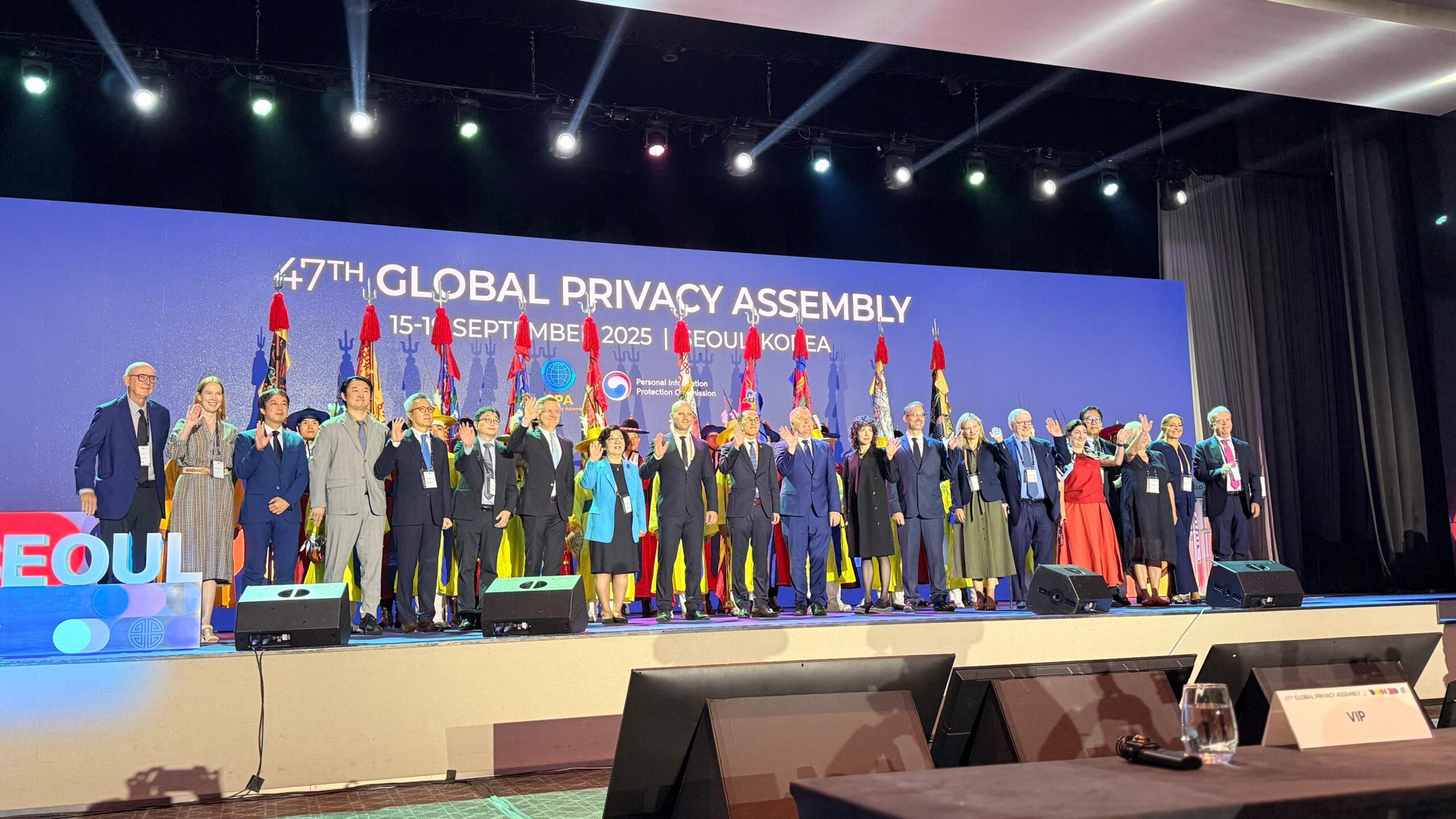Showing results for virg xped free bet promo code 2024 portugal 2024 code 2024 portugal 2024 2024 2024

17th Annual Advisory Board Meeting 2026
[…] the year. While this Forum is open to the broader community, members are encouraged to attend, and each event will have its own registration. This event is free for FPF Advisory Board members. What to Expect When top experts in data protection convene from various corners of the globe, spanning diverse sectors such as […]

Matthew Reisman

Brussels Privacy Symposium 2025 Report
[…] n (R )e vo lu tio n? ____ ____ ____ ____ ____ ____ ____ ____ ______________ 8 3 .1 . BRID G IN G TH E GAP BET W EEN AI IN NO VATIO N AN D REG ULA TIO N __ ____ ____ ____ ____ ___ _____ 8 3 .2 . TH E […]

FPF AARNET Youth Privacy in Australia
[…] Future of Privacy Forum Jordan Wrigley Data and Policy Analyst for Health & Wellness, Future of Privacy Forum AUTHORS All FPF materials that are released publicly are free to share and adapt with appropriate attribution. Learn more . The Future of Privacy Forum (FPF) is a non-profit organization that serves as a catalyst for […]

Comparison of COPPA 2.0
[…] app roved by the Commission upon making a determination that the guidelines meet the requirements of the regulations issued under section 6502 of this title. (3) E XPEDITED RESPONSE TO REQUESTS The Commission shall act upon requests for safe harbor treatment within 180 days of the filing of the request, and shall set forth […]

FPF Holiday Gift Guide for AI-Enabled, Privacy-Forward AgeTech
[…] compliant and safe for older adults. Connection and Companionship AgeTech These gifts leverage AI to offer sympathetic companionship, reduce the complexities of care coordination, and foster connection between individuals and their communities of care. They are specifically engineered to bridge the distance in modern caregiving, providing an essential safeguard against social isolation and loneliness. […]

GPA 2025: AI development and human oversight of decisions involving AI systems were this year’s focus for Global Privacy regulators
[…] narrowly focused than the first one analyzed above, is based on the contention that AI systems’ decision-making processes may have “significant adverse effects on individuals’ rights and freedoms” if there is no “meaningful human oversight” of system decision-making and thus no effective recourse for an impacted individual to challenge such a decision. This is […]

FPF ANPR Comment 10 17_submitted
[…] our congressional testimony, FPF considers that the typical regulatory course is to be silent about fees between business parties, which can be addressed via contract and the free market. However, FPF recognizes the unique challenges raised in the open banking context since the data provider holds the information needed by the consumer and third […]

Haksoo Ko

Understanding the New Wave of Chatbot Legislation: California SB 243 and Beyond
[…] State AI Report. From a compliance perspective, disclosure standards provide tangible obligations for developers to operationalize. From a consumer protection standpoint, legislators view them as tools to promote transparency, prevent deception, and curb excessive engagement by reminding users, especially minors, that they are interacting with an AI system. B. Safety Protocols and Risk Mitigation […]
